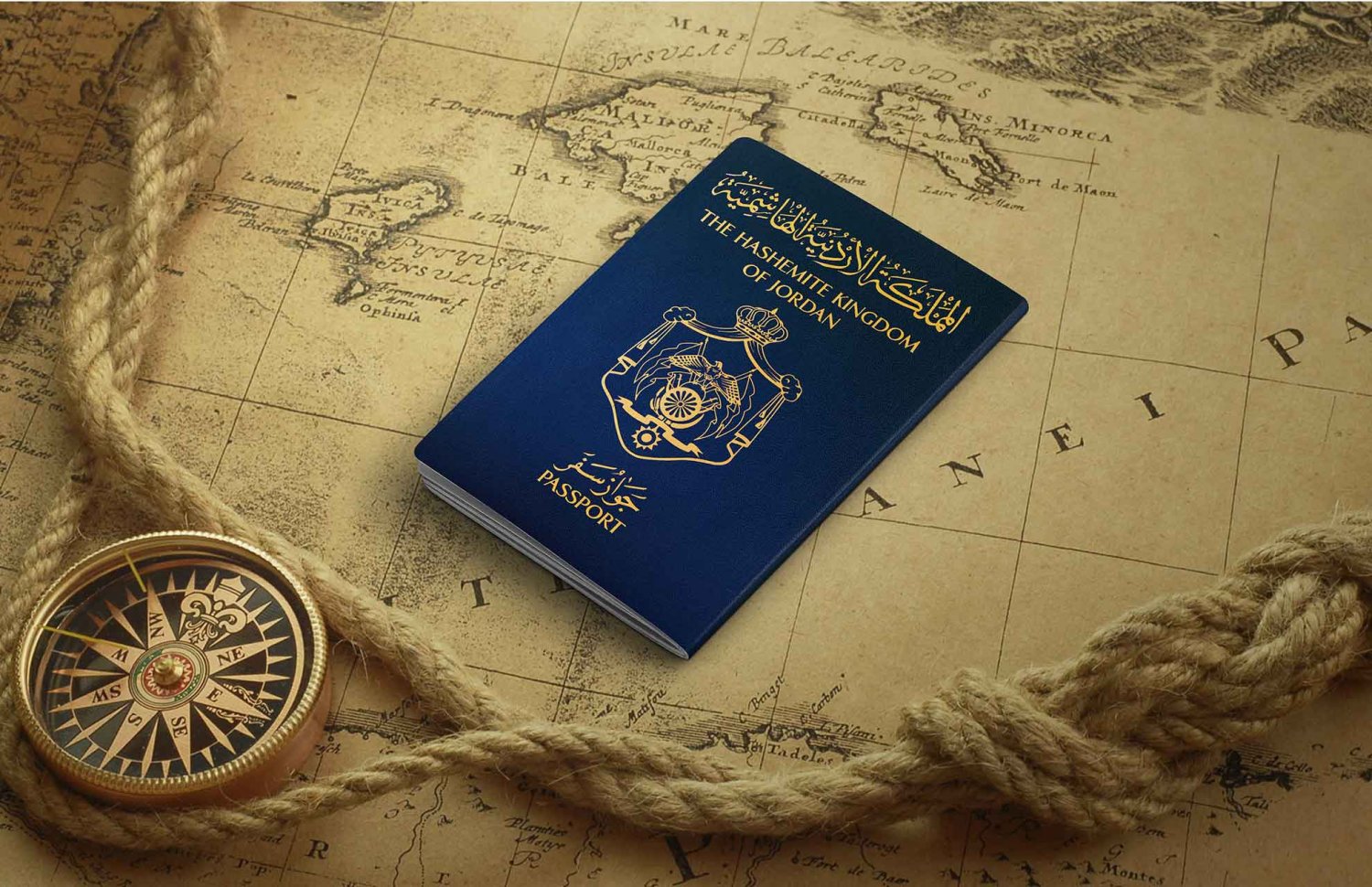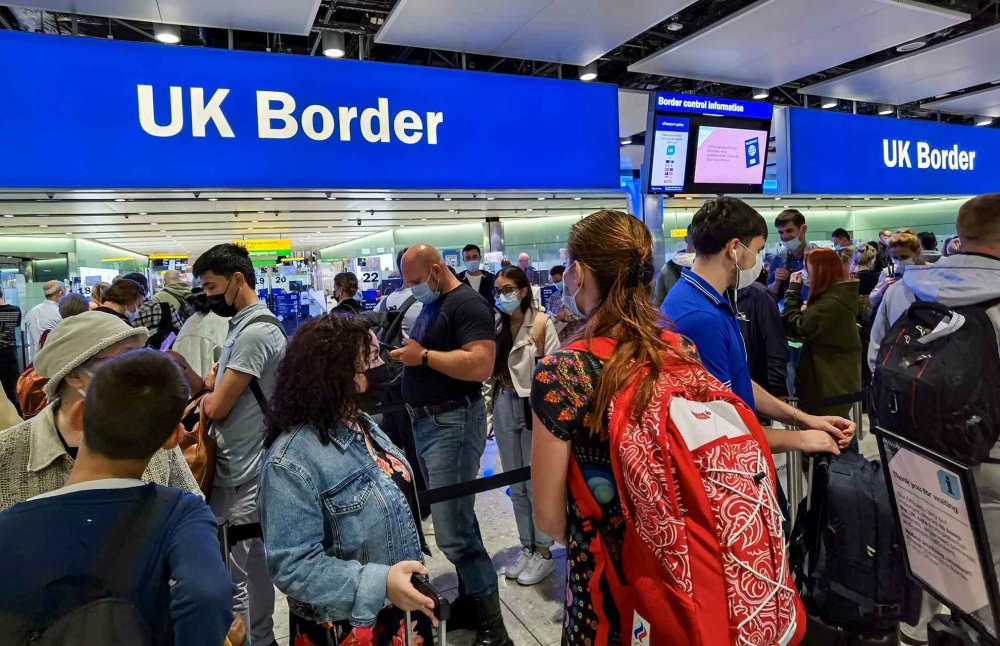Article 13 of the Universal Declaration of Human Rights states that “everyone has the right to freedom of movement and residence within the borders of each state.”5 That notwithstanding, human beings, regardless of their beliefs, ethics, opinions, behaviors, and overall codes of conduct are still discriminated against solely based on their place and circumstances of birth. The bias in the travel permit system is reflective of the global disparity in the world, and of privilege generally.
When the agreement between Jordan and the UK was made, Palestinians with these temporary passports were left out of the equation. Of course, Jordanians themselves suffer from this discrimination, as they rank low in the visa system. Great numbers of Jordanian citizens go through such difficulty in order to be allowed to travel to places such as Europe, the US, and Australia, among others.
According to the Henley Passport Index page, Jordanian citizens can travel to 20 countries visa-free. These include Syria, Lebanon, Tunisia, Egypt, and Turkey. There are 27 other countries in which Jordanian citizens can obtain visas upon arrival, including Yemen, Rwanda, and Armenia. Entry to two additional countries, namely, Pakistan and Sri Lanka, can be obtained via the ETA. In total, Jordanians have “visa-free” access to about 49 countries.6
In comparison, about 100 countries in the world today have visa-free access to at least 100 countries—double the amount of Jordan. Singapore, ranking among the highest in the visa status, has visa-free access to 193 countries.7
Still, it is much worse for Palestinians: The Palestinian Territory is among the bottom 10 countries around the world when it comes to requiring visas and being permitted to travel, falling just above Afghanistan (the lowest), Iraq, Pakistan, Yemen, and Somalia. Meanwhile, Israel has visa-free access to 159 countries—and is exempt, much like most other countries, from obtaining visas to the Schengen Area, which consists of 26 European countries.8




